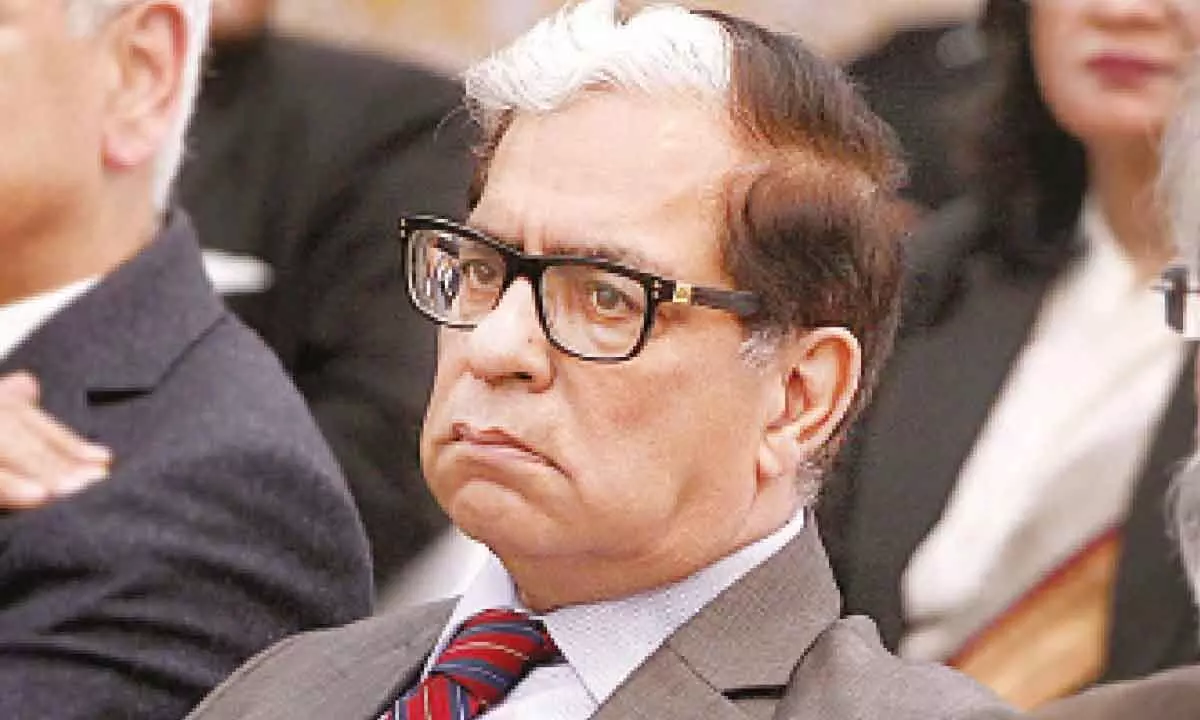India needs independent, fearless judiciary: Sikri

Sonipat: "India needs an independent and fearless judiciary" reiterated Justice Arjan K. Sikri, former Judge, Supreme Court of India and International Judge, Singapore International Commercial Court at the Dr H.R. Bhardwaj Memorial Lecture held at Jindal Global Law School, O.P. Jindal Global University.
The title of the Dr H.R. Bhardwaj Memorial Lecture delivered by Justice Sikri was "Constitutionalism, Democracy and Rights: Role and Responsibilities of the Indian Judiciary".
Justice Arjan K. Sikri observed, "The constitution of any country is the highest law of the nation. It is the instrument of governance of a nation state, with its defined objectives and institutions established to accomplish those objectives. Every good system of democracy, also commands that the elected government should follow well recognised precepts. These include following the legal norms and rules because the rule of law applies to elected representatives as well.
"More importantly, it is the responsibility of the government of the day to respect human rights such as freedom of speech, right to equality, and the right to life and liberty. It is also important to ensure certain rights to ethnic and other minorities, while adhering to the principles of democracy, thereby giving voice to the opposition as well."
The intellectually engaging lecture was attended by the faculty and students of the Jindal Global Law School which is ranked among the top 100 law schools in the world and number one in India for three years in a row. The students of the Law School were witness to a masterclass in Constitutional Law by one of the leading luminaries of the Indian legal system.
"The principle of constitutionalism shows that the government acts within the sphere of powers allocated to it in a constitutional framework, and does not reach the limits of powers prescribed in the Constitution. This brings the necessity of governance by the rule of law, which essentially tells that the society is to be governed by law and not by the whims and fancies of those who govern. All those who exercise powers will have to act within the confines of law. In order to ensure that the rule of law prevails, a good Constitution also ensures that all powers are not in the hands of one institution."














